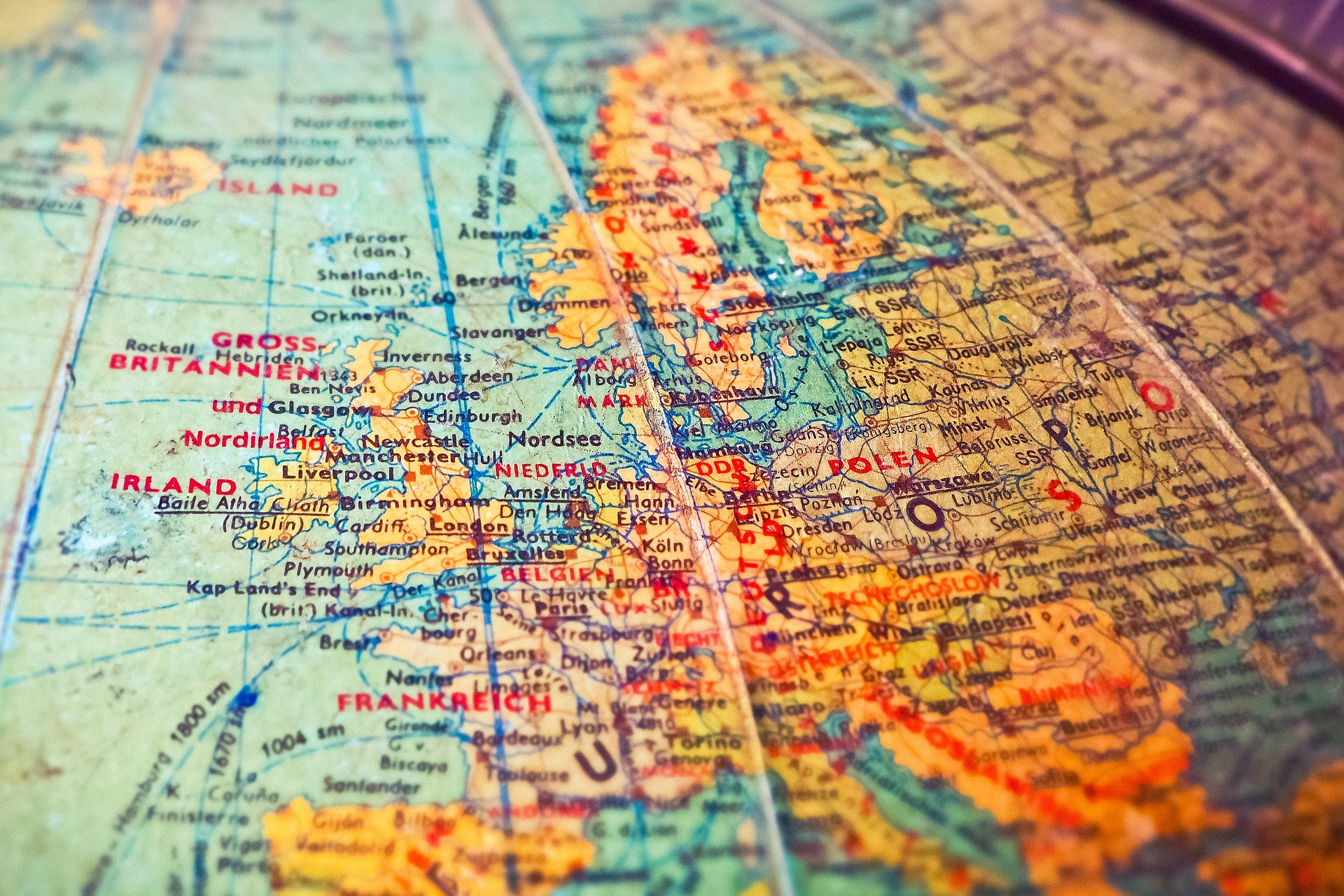The Legal Implications of Intellectual Property Rights in the Digital Age
The digital revolution has transformed the landscape of intellectual property rights. With the rapid evolution of technology, the legal framework is struggling to catch up, and this has profound implications on society. This article will delve into the historical context, current developments, and the potential societal impact of this legal quandary.

The Genesis of Intellectual Property Law
Intellectual property law has its roots in the 18th century. The U.S. Constitution, in 1787, granted Congress the power to “promote the progress of science and useful arts, by securing for limited times to authors and inventors the exclusive right to their respective writings and discoveries.” This formed the basis for the modern laws on patents and copyrights.
However, technological advancements and the digital revolution have complicated this seemingly straightforward mandate. The advent of digital technology and the internet has blurred the lines of what can be considered a ‘writing’ or ‘discovery’, and has forced lawmakers and courts to reinterpret these laws in the digital context.
Intellectual Property Rights in the Digital Era
The proliferation of digital content and the ease of its replication have posed significant challenges for intellectual property law. The Digital Millennium Copyright Act (DMCA) of 1998 was a significant legislative response to these issues. The DMCA criminalizes the production and dissemination of technology intended to circumvent measures that control access to copyrighted works.
However, the DMCA has been met with criticism, particularly regarding its ‘fair use’ provision. Critics argue that the law is overly broad and stifles innovation and creativity. There have been numerous court cases questioning the constitutionality of the DMCA, but so far, the law has largely been upheld.
The Impact of Intellectual Property Rights on Society
The debate over intellectual property rights in the digital age has profound implications on society. On one hand, strict enforcement of these rights is seen as necessary to protect the interests of creators and promote innovation. On the other hand, some argue that such enforcement stifles creativity and restricts the free exchange of ideas.
The balance between these two competing interests is a delicate one. If the scales tip too much in favor of intellectual property owners, there is a risk of creating a culture of fear and self-censorship among creators. Conversely, if the scales tip too much in the other direction, there is a risk of disincentivizing creation and innovation.
The Future of Intellectual Property Law
As technology continues to evolve, the legal framework for intellectual property rights will need to adapt. There is a growing consensus among legal scholars and practitioners that the current laws are ill-equipped to deal with the complexities of the digital age.
One potential solution is to reform the DMCA to better balance the interests of creators and consumers. Another is to develop new legal frameworks that are better suited to the digital era. Regardless of the path chosen, it is clear that the debate over intellectual property rights in the digital age is far from over.
In conclusion, intellectual property law is in a state of flux, grappling with the challenges posed by the digital revolution. The legal framework needs to evolve to effectively balance the interests of creators and consumers in this new digital landscape. This is a complex issue with profound societal implications, and it warrants ongoing attention and discussion.





